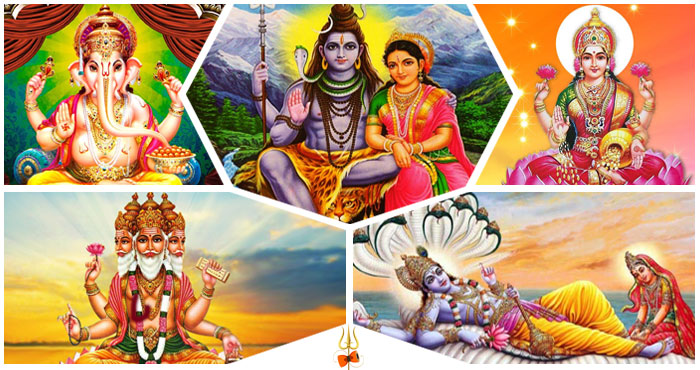Introduction: Entering Hindu Mythology’s World
A significant body of ancient Indian literature known as Hindu Mythology Stories depicts a large universe full of legends about gods, goddesses, heroes, and devils. These stories, which give lessons in morality, obligation, and the complexity of life, have molded Hinduism’s philosophical and cultural foundations, from the cosmic battles of gods to the wisdom-filled conversations between sages and monarchs.
The Cosmic Ocean’s Churning
The Samudra Manthan, also known as the Churning of the Cosmic Ocean, is one of the most well-known tales from Hindu mythology. In this tale, the Devas (gods) and Asuras (demons) work together to churn the cosmic ocean in search of Amrita, the nectar of immortality. Goddess Lakshmi, the goddess of wealth and prosperity, and other celestial beings and jewels were created due to this tremendous undertaking. The story perfectly exemplifies the benefits of cooperation, hard labour, and the conflict between good and evil.
The Ramayana Epic
The epic poem The Ramayana, written by the wise Valmiki, narrates the tale of Prince Rama, his wife Sita, and his devoted follower Hanuman. It details Rama’s life, including his exile, Sita’s kidnapping by Ravana, the demon king, and Rama’s victorious battle with Ravana with the aid of a monkey army commanded by Hanuman. The characters in the Ramayana are examples of what ideal people should be. Rama is an ideal king, Sita is an ideal bride, and Hanuman is an ideal devotee.
Beautiful Life of Krishna
The Bhagavata Purana’s portrayal of Krishna’s life is an enthralling fusion of heroic deeds and insightful lessons. Krishna’s life was defined by exceptional occurrences, from taming gigantic serpents to raising the Govardhana Mountain. He was born to abolish the tyranny of his uncle, King Kansa. In the Bhagavad Gita, he also serves as Prince Arjuna’s charioteer and guide, offering the prince a deep understanding of duty, righteousness, and the way to liberation.
The Prahlada Tale
The tale of Prahlada exemplifies a young boy’s unwavering devotion to Lord Vishnu even though his father, the demon king Hiranyakashipu, is a fierce opponent of Vishnu. Prahlada’s unflinching faith eventually causes Narasimha, a Vishnu avatar, to appear and defeat Hiranyakashipu, demonstrating the triumph of devotion and righteousness over oppression and arrogance. Click for more Mythological Tales.
Conclusion: Hindu Mythology’s Eternal Wisdom
Hindu mythology’s storylines provide:
- Significant insights into the complexity of life.
- Instructing us on duties, devotion, and righteousness.
- The unending conflict between good and evil.
These timeless and universal tales continue to enthrall and inspire people worldwide, deepening our understanding of human nature. They are more than just stories; they form Hinduism’s conceptual foundation and influence its cultural ethos and worldview.

